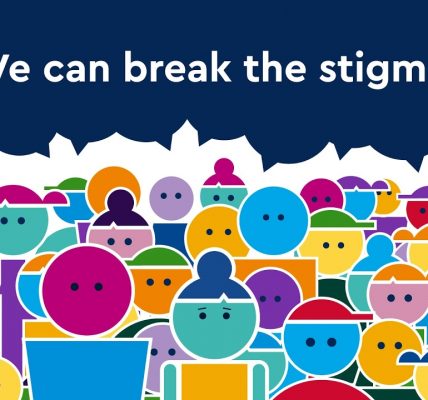Mental health is just as important as physical health. It affects our thoughts, feelings, and behaviors, influencing how we handle stress, relate to others, and make choices. Here are some strategies to support your mental health:
Prioritize Self-Care
- Practice Mindfulness: Engage in activities like meditation, yoga, or deep breathing to reduce stress and anxiety.
- Get Enough Sleep: Aim for 7-9 hours of quality sleep each night.
- Eat a Healthy Diet: Nourish your body with a balanced diet rich in fruits, vegetables, and whole grains.
- Regular Exercise: Physical activity can boost mood and reduce stress.
Build Strong Relationships
- Connect with Loved Ones: Spend quality time with family and friends.
- Join Social Groups: Participate in activities and hobbies that interest you.
- Practice Active Listening: Pay attention to others and show empathy.
Manage Stress Effectively
- Time Management: Prioritize tasks and avoid overcommitting yourself.
- Break Down Tasks: Divide large tasks into smaller, manageable steps.
- Set Realistic Goals: Avoid setting unrealistic expectations for yourself.
- Practice Relaxation Techniques: Use techniques like meditation, yoga, or deep breathing to reduce stress.
Seek Professional Help When Needed
- Therapy: A therapist can provide guidance and support for mental health concerns.
- Counseling: A counselor can help you address specific issues, such as relationship problems or career stress.
- Psychiatry: A psychiatrist can diagnose and treat mental health conditions, often through medication.
Reduce Stigma
- Educate Yourself: Learn about mental health conditions and how to support others.
- Challenge Stigmas: Speak out against negative stereotypes and discrimination.
- Promote Openness: Encourage open conversations about mental health.
Remember, seeking help is a sign of strength, not weakness. By prioritizing your mental health, you can improve your overall well-being and live a more fulfilling life.




